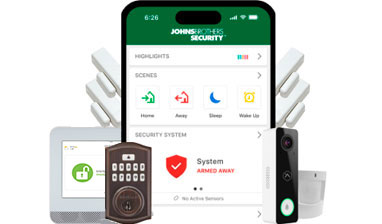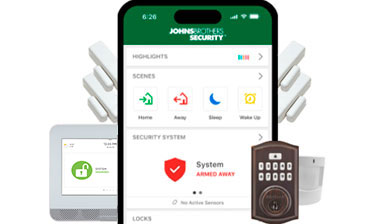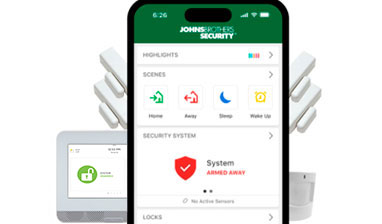
When chimneys, portable generators, fireplaces, heaters, and other fuel appliances are used during the winter, the risk of carbon monoxide (CO) poisoning is higher. There is no taste, odor, or color to CO. Often, it goes unnoticed.
Carbon monoxide poisoning kills at least 439 people yearly, and about 50,000 Americans end up in the emergency department, according to new Centers for Disease Control and Prevention (CDC) figures. Most people who suffer from CO poisoning don’t realize they have it since they feel dizzy, nauseated, fatigued, and headaches, all common symptoms. It is natural for CO poisoning rates to be higher during the colder winter months and lower during the summer. This winter, learn how these proper carbon monoxide safety measures can prevent risks in your home.
Fuel-burning appliances produce carbon monoxide, so understanding where and how a leak can occur is essential. There are several likely culprits when it comes to CO leaks:
Always turn off the gas to these appliances if you suspect a leak. Rather than trying to fix the issue yourself, it’s always more beneficial to call a professional. You must immediately take action if you suspect a CO gas leak because the effects can be fatal.
Appropriate ventilation and early detection of CO in your home are the two most crucial ways to avoid carbon monoxide poisoning.
You can prevent CO poisoning by following these simple steps:
Your home’s safety can be endangered within seconds. A monitored wireless home security system with carbon monoxide detectors can enhance your home’s safety by detecting gas and triggering an alarm before dangerous levels are reached. The appropriate authorities will be notified, and communication will be sent to dispatch them when you have carbon monoxide monitoring in place.
Using environmental surveillance and smart home safety features, Johns Brothers Security can monitor your home and provide timely warnings if fires, carbon monoxide, or other threats occur. Ensure your home has the best protection and peace of mind by speaking with our security experts today! Call us today at 1-800-242-9760 or schedule a FREE consultation here!

Our most complete package features protection, automation, and video delivered to your smartphone.

Our most popular smart security package features more than protection – it’s your pathway to home automation.

The essential security package features affordable protection with a wireless connection.
Get a free consultation and the latest smart home tips & tricks